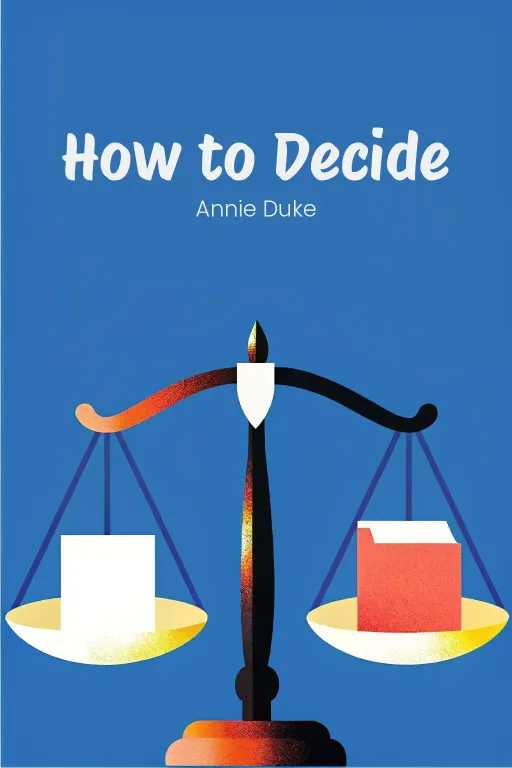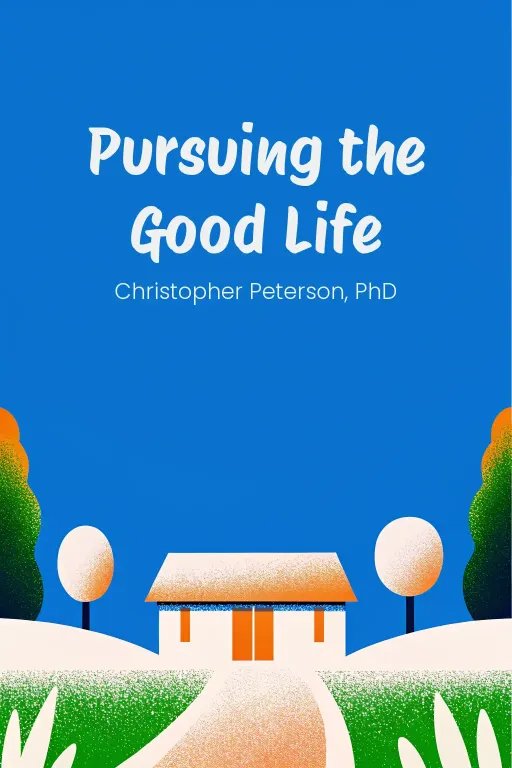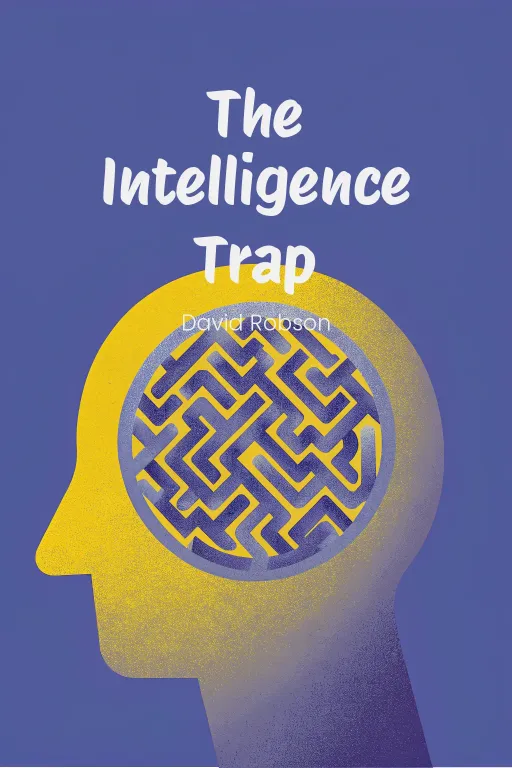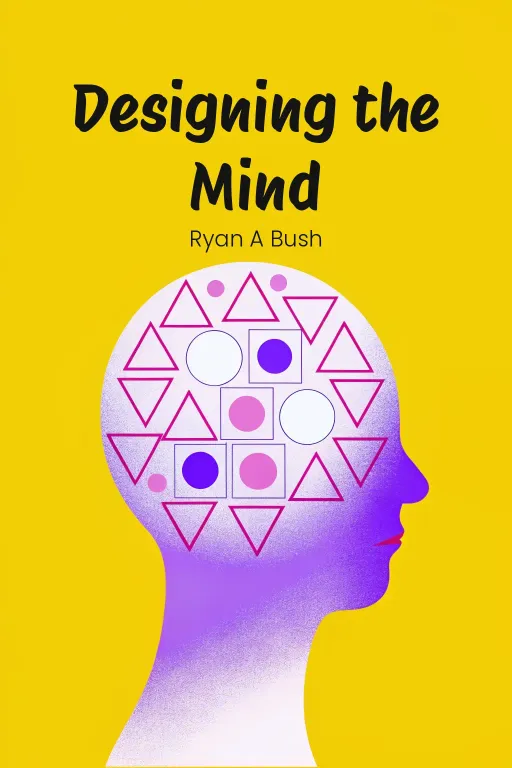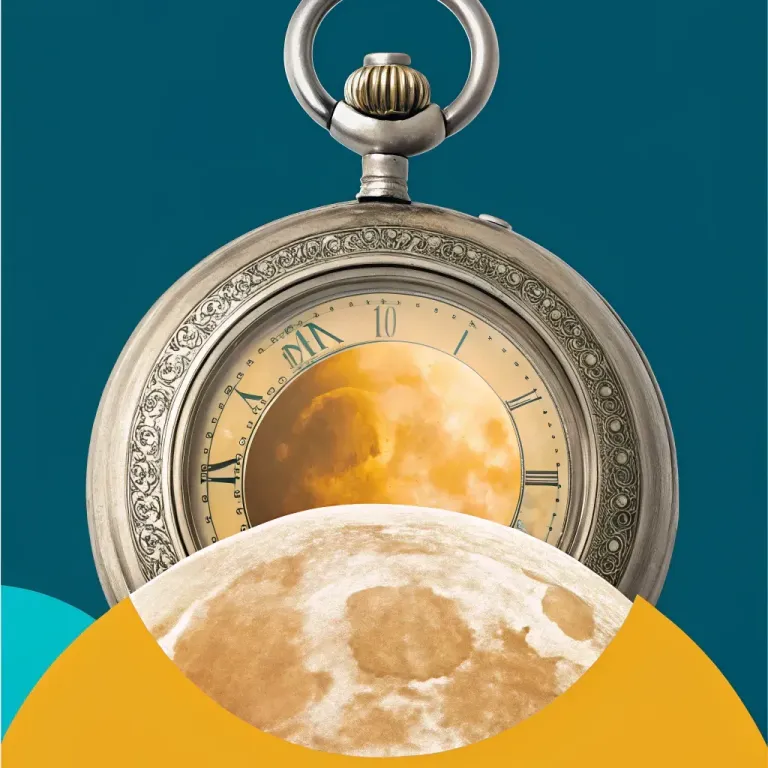
Sharpen Your Mind: Memory's Secret Power
Podcast by The Mindful Minute with Autumn and Rachel
The Art and Science of Remembering Everything
Introduction
Part 1
Autumn: Hey everyone, welcome to the show! Today we're diving into something we all use, but rarely think about – memory. Rachel, quick question for you: when did you last have a total "where are my keys?" moment? Rachel: Oh, remind me about it! Just this morning, I went to the fridge and completely blanked on what I needed. Brain fart of the highest order. Autumn: Exactly! I think we can all relate. But, what if forgetting wasn't just “a thing that happens”? Joshua Foer’s Moonwalking with Einstein shows us how memory works. It turns out, we can actually train our brains to do some pretty amazing stuff. Rachel: Ah, Moonwalking with Einstein – that’s the one where the regular-guy journalist decides he's going to crack the code to memory and compete in a memory competition, right? Autumn: Yep, that's it! Foer starts out as a normal person who forgets things all the time. But, he ends up going deep into the science, the history, even the philosophy of memory. He learns about cool tricks like the "memory palace," meets some really interesting memory champions, and really gets into how memory shapes who we are. Rachel: Okay, so it’s like a mental decathlon. But seriously, why bother with all this brain training when we've got smartphones and Google to remember everything for us? Autumn: That's the million-dollar question, Rachel. And that’s exactly what we're unpacking today. We’re going to look at the science of how memory works, how these ancient techniques can sharpen your mind, and what it all means in a world of digital reminders. Because ultimately, memory isn't just about recalling facts, it's about identity, focus, and well, what makes us human. Rachel: Whoa, big statement, Autumn. Alright, let’s see if Foer’s memory quest “really” lives up to the hype—or if I’ll completely forget why we even started this podcast by the time we wrap up.
The Art and Science of Memory
Part 2
Autumn: Okay, so picking up where we left off last time, let’s dive into the really fascinating stuff – the historical and scientific roots of memory. I mean, this is where it all begins, right? The memory palace, also known as the method of loci, is probably one of the most extraordinary mnemonic innovations in history. Rachel, have you ever heard of Simonides of Ceos? Rachel: Simonides? Hmm, sounds like a character out of a Greek tragedy, or maybe some obscure pasta dish. Enlighten me! Autumn: Well, Simonides is legendary. He was a Greek poet credited with discovering the concept of the memory palace after witnessing this truly horrific event. Picture this: a banquet hall packed with guests suddenly collapses, utter devastation. And Simonides, who was the only survivor, could actually remember where everyone had been sitting. It wasn’t just some freak photographic memory thing, though. He mentally pictured the layout of the hall and visualized where everyone was. Rachel: Wait a minute—so, you’re saying that out of this complete disaster arose one of the most powerful mnemonic techniques out there? Leave it to the Greeks. I mean, they “really” did things differently back then. Autumn: They did! And it points to something deeper – our brains are just naturally wired to remember spatial relationships really well. So, the memory palace works by leveraging this natural ability. By associating information with a physical location you know well, like your childhood home, you create a mental “map” that helps you store and retrieve abstract concepts. Rachel: So, the brain is more like a GPS than a dusty old storage locker? Autumn: Precisely! And the underlying science kind of connects this to working memory’s limitations, like George Miller's famous concept of "seven, plus or minus two." Basically, humans can only hold a limited amount of information, usually about five to nine items, in their minds at any given moment. So, the memory palace—and techniques like chunking—help you overcome those limits by turning scattered details into patterns or visual stories. Rachel: Okay, chunking I get. Turning "1, 9, 7, 6" into "1976"—that’s a pretty neat little trick. But I’m still stuck on this idea of having to picture clowns in my living room to remember what I need to get done today. Does this actually work for regular people... you know, for those of us who aren’t particularly gifted Greek poets? Autumn: Absolutely. Just look at Joshua Foer. He started out with no prior experience, but he began applying these techniques very systematically. And within a year, he was turning playing cards into vivid scenes involving biker gangs, or nuns wielding flamethrowers – all perfectly anchored to a mental “palace” made up of familiar spaces. And then he went on to win the U.S. Memory Championship! Rachel: Well, a "nun with a flamethrower" wasn't exactly what I was expecting. So, this isn’t really about raw intelligence; it’s more about tapping into your creativity? Autumn: Exactly! And that’s why it’s so accessible to anyone. But let's kind of shift gears for a second. Let’s think beyond just personal memory tricks, because these techniques can actually change the way we approach learning itself. Take Raemon Matthews, for example. He’s a teacher in the South Bronx, and he uses memory palaces in his classroom. Rachel: A memory palace for high school kids? That sounds like a tough sell. Autumn: Not at all. Matthews teaches his students to encode historical facts or literature through vivid imagery -- things that will stick in their memory. One of his students managed to memorize a passage from Heart of Darkness word-for-word using this method. And the results? Eighty-five percent of his students scored 90 or higher on their state history exams. Rachel: That’s seriously impressive. So, instead of just cramming dates and facts, they’re actively building literal palaces of knowledge in their minds. Almost makes me wish I could redo my SAT prep using something like this. Autumn: Exactly! And it’s not just about acing tests, either. Matthews employs these methods to build students’ confidence and communication skills, proving that memory can empower them well beyond the classroom. Whether it's through Joshua Foer winning a championship or Matthews' transformative teaching methods, these examples really show us just how powerful this ancient science of memory can be when applied creatively. Rachel: I’ll give you this, Autumn: this idea of turning dull details into something imaginative is growing on me. But, here’s a counterpoint: technology is everywhere now, and people just don’t need to remember things anymore. Phones, Google, Alexa—they've basically become our collective brain. Autumn: That’s definitely true. Digital tools have basically made information external to us. But there’s a catch. Externalizing something like memory comes at a cost. It shifts our mental effort away from actually engaging with the information at a deeper level. Societies throughout history relied on memories to preserve their culture, and their identity. Oral histories weren’t just stories; they were how communities connected to their past. So, when we stop practicing our memory, we lose that link to the past. Rachel: So, you’re saying that Google doesn’t give us a sense of identity so much as it just gives us some random search results? Autumn: Essentially, yes. Technology is useful, but relying on it too much can lead to cognitive stagnation. Memory athletes and educators alike argue that reclaiming these ancient techniques can not only help us remember better, but can also help us reconnect with ourselves. Rachel: Okay, but-- and I’m playing devil’s advocate here -- does Foer really think everyone should go out and start building these mental palaces, or is it more about the symbolic value of memory in helping us keep our minds sharp and focused in an age of distractions? Autumn: It’s a bit of both. Foer’s experience shows that memory is actually a skill that anyone can refine and improve, but the broader takeaway is about intentionality. At its core, reclaiming memory isn’t just an act of personal mastery; it’s about preserving the human capacity for focus and critical thinking in a world that's increasingly filled with distractions. Rachel: Alright, you’ve convinced me that memory is more than just trivia-training or a way for us to remember our grocery list. But we’re starting to veer into the philosophical now. Does memory only serve a kind of functional utility, or does it shape who we are on a much deeper level? Autumn: Oh, memory is so much more than just practical. Philosophers like Henri Bergson argue that it’s absolutely essential to our perception of time, and of ourselves. Memory isn’t just some record of the past; it’s the thread weaving all of our experiences into a coherent sense of identity. Without it, we’d just be fragmented, discombobulated. Rachel: So, even as I completely forget why I walked into the kitchen, some part of my brain still remembers who I am and why it even matters? Autumn: Exactly! And that’s why forgetting is also essential -- it helps us maintain balance. It clears out all that unnecessary clutter so we can fully live in the present. Memory, after all, isn’t static – it’s an evolving process that both shapes, and is shaped by, our lives.
Conclusion
Part 3
Autumn: So, what we've discovered today is that memory... well, it's so much more than just remembering names or grocery lists. It’s really a mix of ancient methods and modern science, deeply connected to who we are, how we focus, and even how we see the world. Rachel: Right. And even though we're living in this digital age with search engines and reminders everywhere, aren't we kind of missing out on a vital mental exercise? One that could keep our brains sharper, more creative, and, dare I say, even a bit more fun? I mean, who wouldn’t love the mental image of nuns with flamethrowers? Autumn: Absolutely! Whether we're talking about using memory palaces to boost learning, reconnecting with our ability to focus and be intentional, or just thinking about how our memories shape who we are, the core message is pretty clear: Don't just let technology do all the thinking for you. Actively take control of your mind. Rachel: So, forget the idea that forgetting things is just an inescapable part of life. Instead, remember this: our memories aren't just some tool we use, they're actually part of what makes us human. Isn't that right? Autumn: That's definitely a message worth remembering.





